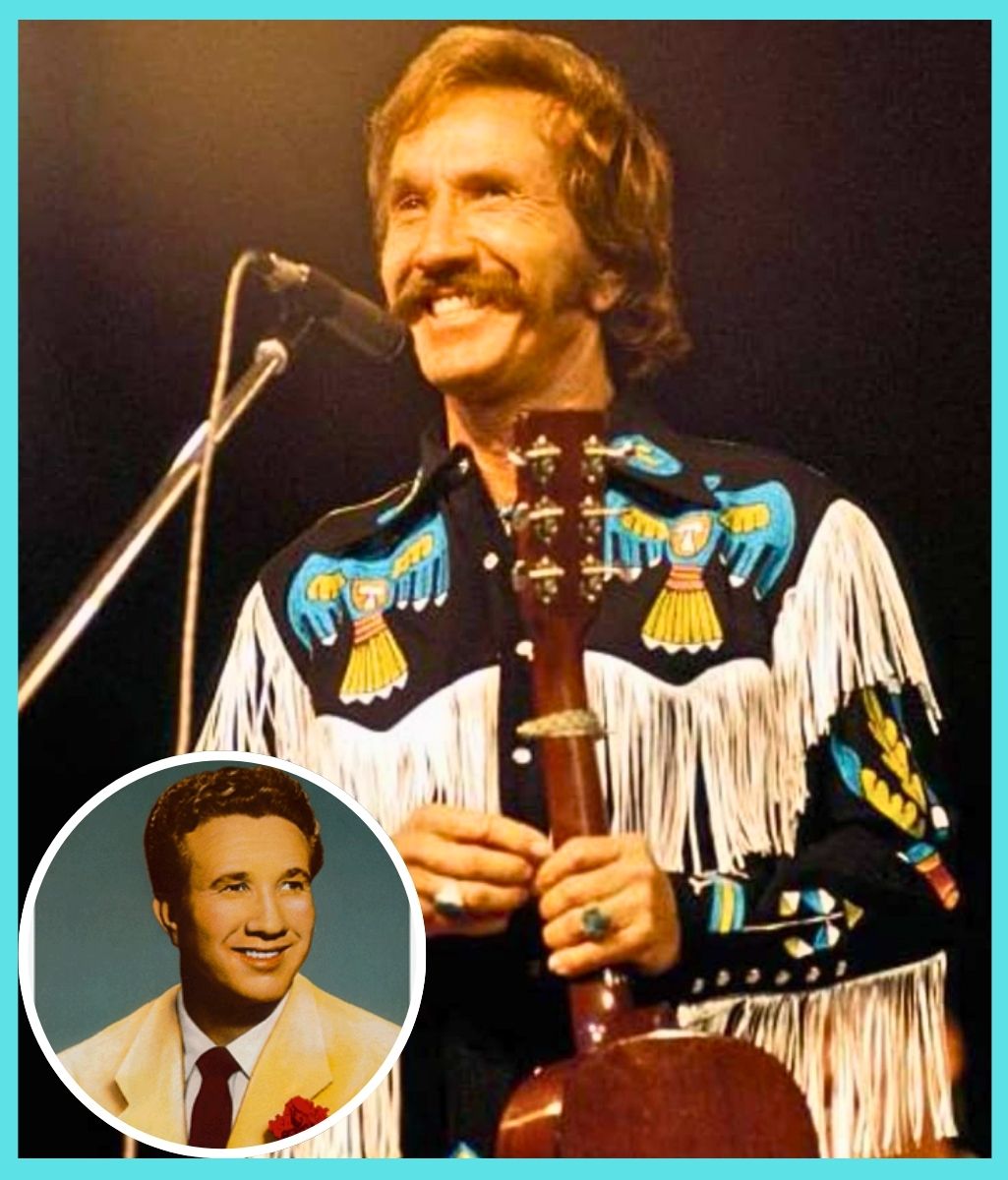
LEGEND REVISITED: The Last Song of Marty Robbins and the Spirit That Never Faded
As the golden light of an Arizona sunset spilled across the quiet desert, it painted the world in shades of memory — warm, fleeting, and eternal. On that evening, under the vast open sky, Marty Robbins stood before a small crowd. His hat was tipped low, his boots dusty from the road, and his voice carried the soft, weathered timbre of a man who had lived every word he ever sang.
When he finally spoke, his words were simple, yet they carried the weight of a lifetime.
“I was never a legend,” he said quietly. “Just a boy with dust on his boots and fire in his heart.”
Those words drifted through the desert air like a final melody — humble, haunting, and impossibly beautiful. The people listening that evening seemed to hold their breath, as though time itself had stopped to honor him. In that stillness, they understood something that no stage light or trophy could ever express: greatness was never his goal. It was his spirit, his stories, and his songs that made him timeless.
Born in Glendale, Arizona, Marty Robbins rose from modest beginnings to become one of the most cherished voices in country and western music. His songs — from the legendary “El Paso” and “Big Iron” to tender ballads like “My Woman, My Woman, My Wife” — painted vivid pictures of love, loss, and the wide, untamed frontier. Every lyric carried the dust of the desert and the heartbeat of the American West.
What made Marty different was not fame, but authenticity. He sang with the honesty of a man who had lived through heartache and wonder, whose music came not from ambition, but from gratitude. In an era when fame could easily harden the soul, Marty remained grounded — a storyteller first, a showman second. He saw himself not as a legend, but as a vessel for the stories that drifted through the canyons of life, waiting for someone brave enough to sing them aloud.
Onstage, he could fill an arena with energy and charm. Offstage, he was known for quiet kindness — a handshake, a smile, a word of encouragement. He carried with him the same humility that had defined his early days, when the dream of singing on the Grand Ole Opry was still far away, and all he had was a guitar and a restless heart.
As the years passed, his songs became more than entertainment; they became touchstones of memory. Generations of listeners found themselves somewhere in his lyrics — a dusty cowboy, a weary traveler, a man whispering a final goodbye. Even today, when “El Paso” plays across the radio waves, the story feels alive, as though Marty himself is still standing beneath that same Arizona sky, singing into the wind.
That night in the desert — real or remembered — feels like the perfect symbol of who Marty Robbins was. Not a man chasing glory, but one honoring the gift he had been given. His voice, his songs, and his sincerity still linger like the fading light of a desert sunset — impossible to capture, but unforgettable once seen.
Because in the end, Marty was right. He was never a legend.
He was something far greater — a man whose songs became part of the soul of America.
